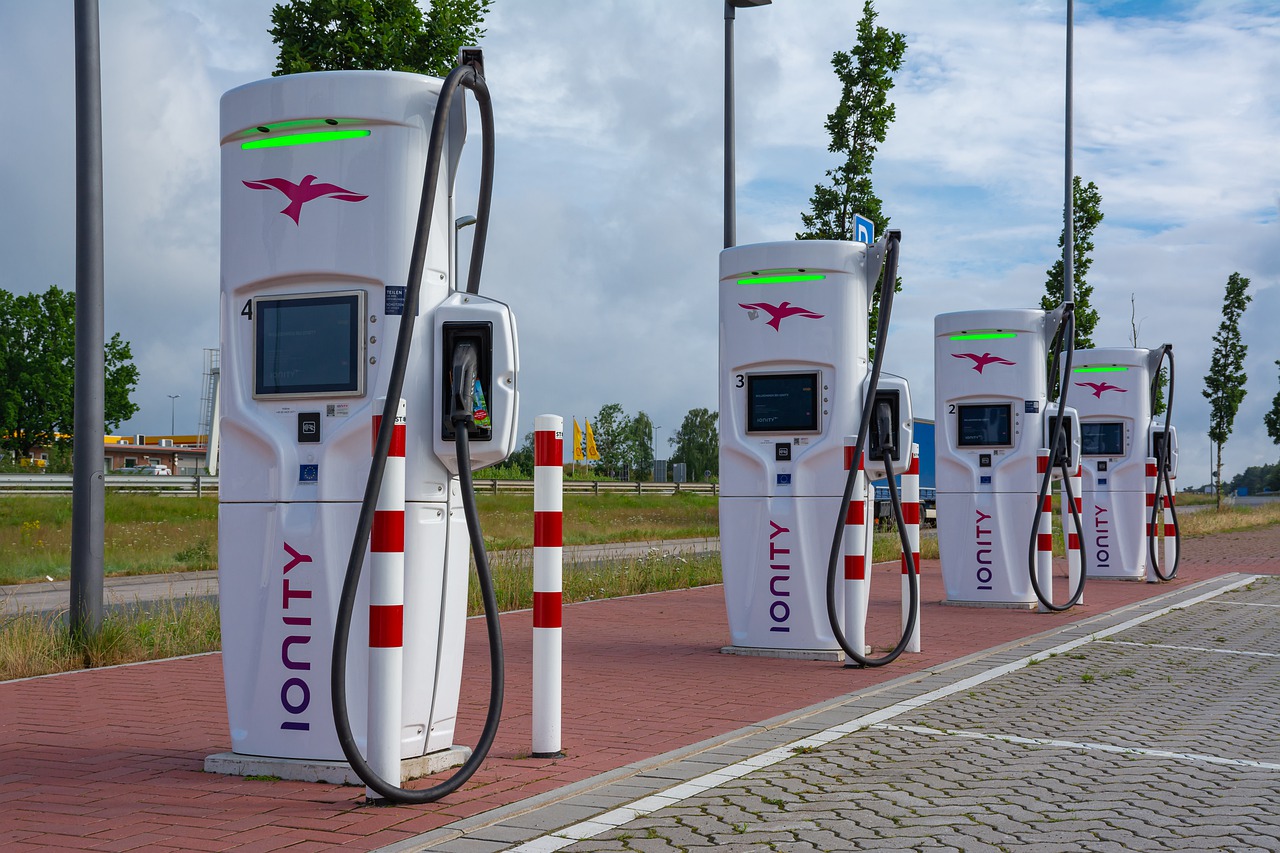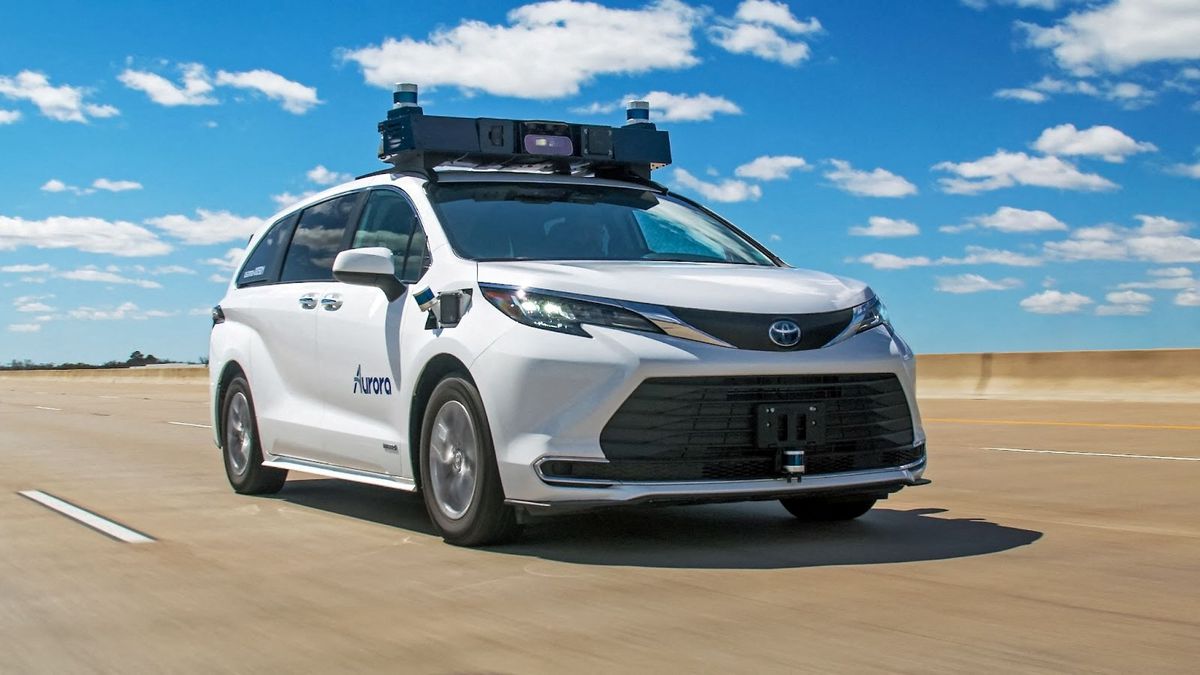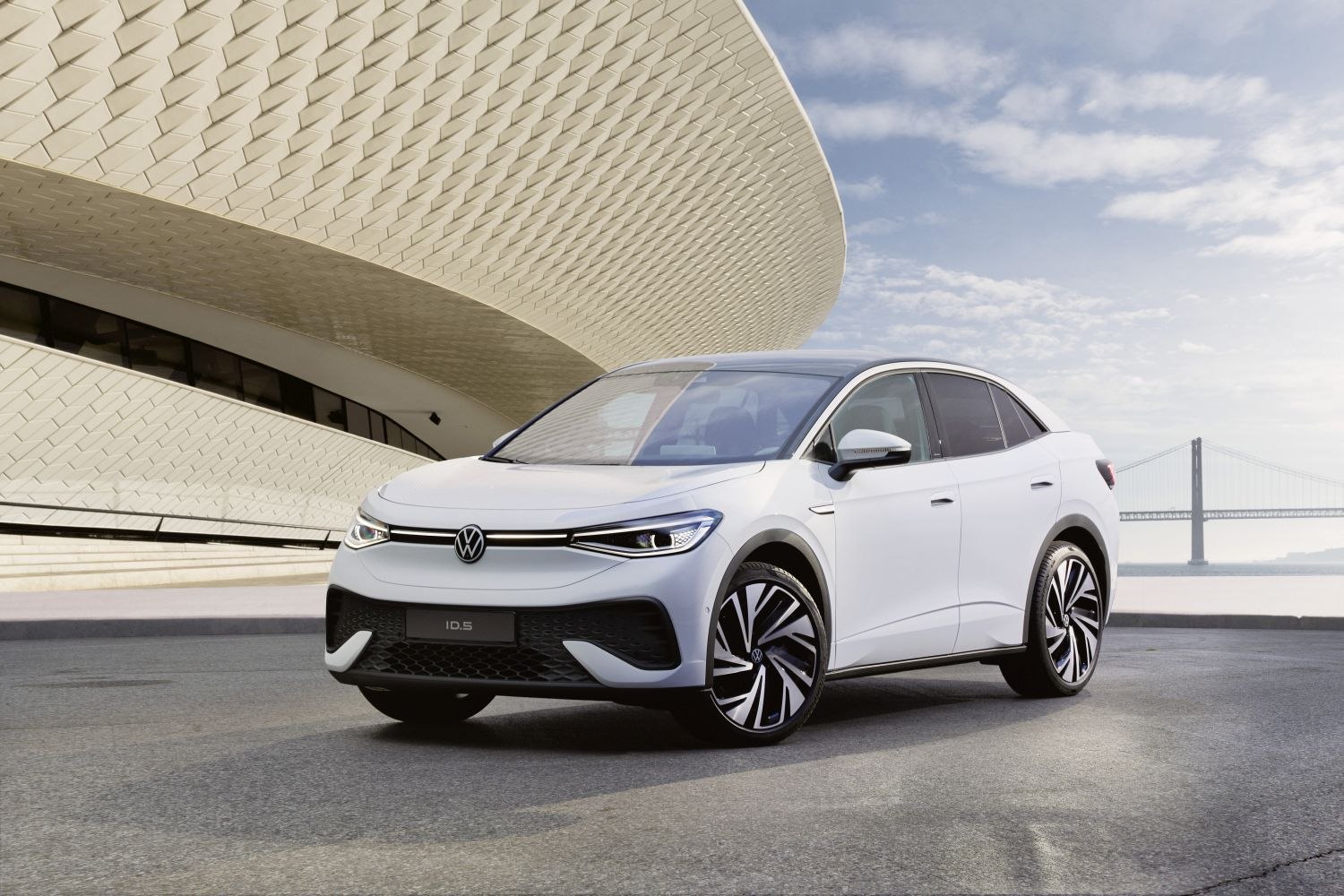The UK is serious about electrification. Most recently, the UK government plans to increase the number of electric vehicle charging points to 300,000 by 2030. That number is ten times the current number of electric vehicle charging points in the UK.
To achieve this, the UK government is setting up £1.6 billion ($2.1 billion) for the Electric Vehicle Infrastructure Strategy.
One of the focuses of the program is to increase the number of fast charging points for electric vehicles so as to meet the needs of longer trips. This is to meet the needs of EV owners who do not have access to off-street parking.
To build more than 6,000 fast charging stations along UK highways by 2035 £950 million ($1.25 billion) is needed. An allocation of £500 million ($658 million) was used for the construction of charging stations in the community, including locations on the road.
EV drivers can use contactless payments for charging. To compare prices, and find charging stations users can use the app.
The UK will ban the sale of vehicles with internal combustion engines by 2030, so a wider charging network will be essential to ease the transition to EVs.
The implementation of electric vehicles is very important for the UK to reduce dependence on foreign energy and oil sources.
Energy prices have risen dramatically in the UK since Russia invaded Ukraine last month. Access to Russian oil and energy suppliers has been suspended following sanctions against the country.
In December 2021, US Vice President Kamala Harris announced the government’s plan to build 500,000 charging stations for electric vehicles (EV) across the country.







